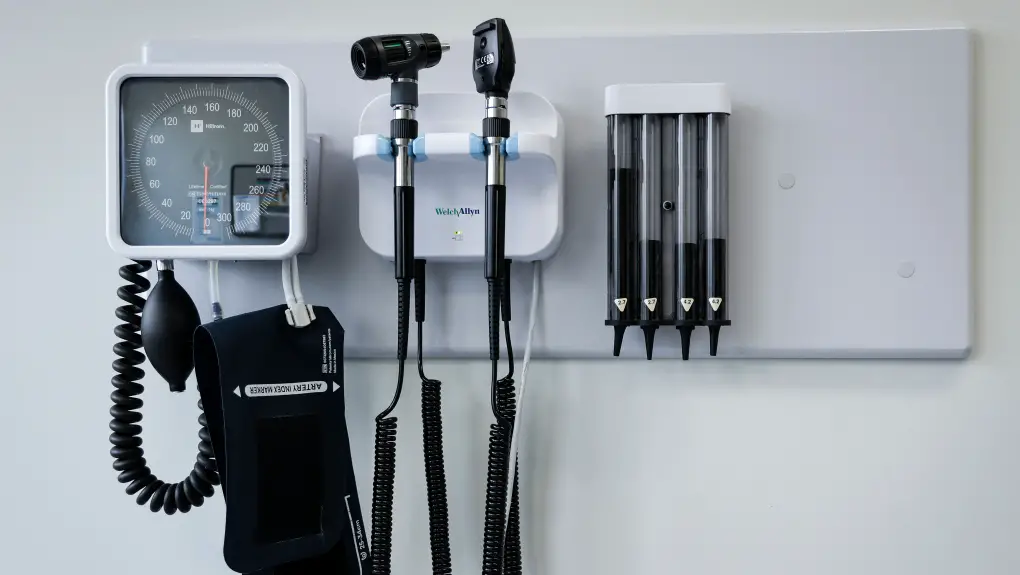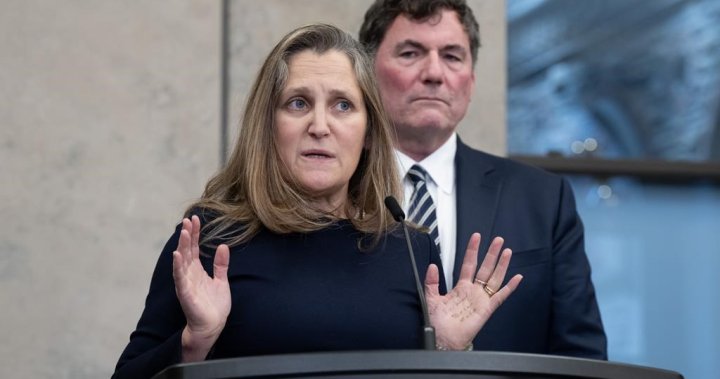
The Canadian Medical Association asserts the Liberals’ proposed changes to capital gains taxation will put doctors’ retirement savings in jeopardy, but some financial experts insist incorporated professionals are not as doomed as they say they are.
Prime Minister Justin Trudeau’s government presented a federal budget last week that proposes making two-thirds rather than one-half of capital gains – or profit made on the sale of assets – taxable.
The increase in the so-called inclusion rate would apply to capital gains above $250,000 for individuals, and all capital gains realized by corporations.
Since doctors typically incorporate their medical practices and invest for retirement inside their corporations, the association points out its members will now face a higher inclusion rate on all capital gains they earn, including on retirement investments.
It remains unclear, however, just how much of an impact Canadian physicians are facing.
Jean-Pierre Laporte, CEO of Integris Pension Management Corp., argues physicians can fully shield their retirement savings from capital gains taxation.
Laporte says incorporated professionals like doctors can sell off investments and open a registered pension plan. Contributions to the plan would be tax deductible, which means the individual would not pay any tax on the capital gains they earn.
“If a medical professional corporation is concerned about increasing corporate taxes because of this change to the budget, a solution that’s been around for years … is to have the corporation set up a registered pension plan,” Laporte said.
Physicians would still have to pay income taxes on the money they receive in the form of a pension, as is the case with other Canadians who have a pension.
There are also limits on how much someone can contribute to a pension plan, which means physicians will still end up paying more taxes on personal investments.
“Eventually, they will be impacted by these measures. But nowhere near to the extent that is made out in the news,” Laporte said.
Nicole Ewing, director of tax and estate planning at TD Wealth, says whether opening a pension plan makes sense depends on an individual’s circumstances.
“It’s not a one-time decision. There are ongoing compliance and administrative requirements. And there are restrictions on how you can get out of that in the future. So, making sure that you go into something like that with eyes wide open is really important to understand,” Ewing said.
As to how much the new capital gains tax rules will affect doctors, Ewing said it’s too soon to tell.
“I think that it’s premature at this stage to make any conclusions about what the impact would be,” Ewing said.
In a statement, the Canadian Medical Association echoed Ewing’s comments, noting that opening a pension plan may make sense for some people.
“While certain individuals may benefit from an (individual pension plan), there are numerous variables to consider,” the CMA said, noting there are limitations to contributions that can be made.
The Liberal government has argued that the proposed changes to capital gains taxation are about fairness and levelling the playing field between those who earn their income via capital gains versus other sources, such as employment.
Physicians who incorporate their practices have historically benefited from lower tax rates that made it easier to save money in the first place.
Experts who help manage their financial affairs say many doctors take full advantage of registered retirement savings plans and tax-free savings accounts, which are not affected by capital gains taxation.
They also note that by incorporating their practices, they benefit from a lower tax rate – in Ontario, that’s just 12 per cent on the first $500,000 of taxable income.
Trudeau and Finance Minister Chrystia Freeland have dismissed the doctors’ plea to reconsider the capital gains tax changes, arguing the revenue the tax change generates is needed to fund things like housing and health care for all.
“I think Canada’s health-care professionals recognize, maybe more than anyone else, how important these investments are,” Freeland said Tuesday.
“They are massive and I think it’s entirely appropriate, it’s really fair to ask those who are doing the best in our society to pay a little bit more to fund them.”
The government estimates only 0.13 per cent of Canadians in any given year will have to pay more in capital gains taxes as a result of the changes.
The federal government expects the increase to the inclusion rate to generate $19.4 billion in revenue over five years.
This report by The Canadian Press was first published April 25, 2024.
– The Canadian Medical Association funds a fellowship that supports journalism positions at The Canadian Press. CP is wholly responsible for the editorial content created under the initiative.







